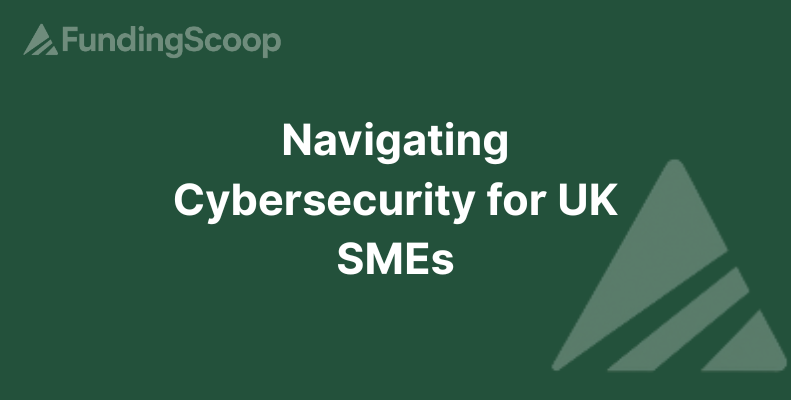
Navigating Cybersecurity for UK SMEs
Marcus Ashford
The 'GlassWorm' malware highlights cybersecurity vulnerabilities in UK SMEs through Visual Studio Code extensions, emphasizing the need for robust cybersecurity strategies. SMEs often lack the resources for comprehensive defenses and are susceptible to significant financial and reputational damage from cyber incidents. Implementing basic security measures, employee training, and working with specialized cybersecurity providers are crucial steps. Cybersecurity should be seen as an investment in business sustainability, emphasizing the necessity of proactive measures in an evolving threat landscape.
In the ever-evolving landscape of cybersecurity, a recent threat has cast a spotlight on vulnerabilities affecting UK SMEs: the self-spreading 'GlassWorm'. This sophisticated piece of malware propagates through Visual Studio Code extensions, causing a stir among developers and tech firms globally. It's a reminder of the urgency with which UK businesses need to bolster their cybersecurity measures.
The GlassWorm exemplifies a new breed of supply chain attacks that exploit the interconnected nature of our digital tools. As SMEs rely increasingly on software-driven solutions, they become more susceptible to these kinds of incursions. According to the National Cyber Security Centre (NCSC), securing software supply chains should be a high priority for businesses of all sizes.
Why UK SMEs Are Vulnerable
UK SMEs often lack the resources of larger corporations to build comprehensive cybersecurity defenses. Many operate under the misconception that cyber threats primarily target larger entities. However, without robust protection, SMEs are just as likely, if not more, to become victims of cyber incidents.
The British Business Bank recently highlighted that cybersecurity lapses can lead to significant financial and reputational damage, especially for smaller businesses. Implementing basic cybersecurity measures, like regular software updates and employee training, could drastically reduce the risk. Despite this, many SMEs remain unaware of these basic yet vital steps.
Strategies for Enhanced Cybersecurity
Enhancing cybersecurity within SMEs requires a strategic approach. Key measures include developing a comprehensive cybersecurity policy and regularly updating it to adapt to new threats. It is also crucial for SMEs to educate their workforce about potential cyber threats.
Working with cybersecurity providers that understand the unique challenges faced by SMEs can be invaluable. Tailored solutions can be more cost-effective and efficient, considering the specific needs and resources of smaller businesses. As the sector evolves, so too have the solutions available, many of which are designed specifically for smaller enterprises.
My Take
Having covered this sector for nearly two decades, I've observed that SMEs often underestimate their vulnerability to cyber threats. The arrival of threats like GlassWorm highlights a necessary wake-up call. SMEs must adopt a proactive stance, integrating cybersecurity into their core business strategy.
It's crucial to move beyond seeing cybersecurity as a non-essential expenditure. Instead, it should be regarded as an investment in the sustainability and success of the business. By prioritizing cybersecurity, SMEs not only safeguard their operations but also enhance their reputation and trustworthiness in the eyes of clients and partners.
The uncomfortable truth is that cyber threats are unlikely to diminish, and the best defense is a thorough, proactive offense.


